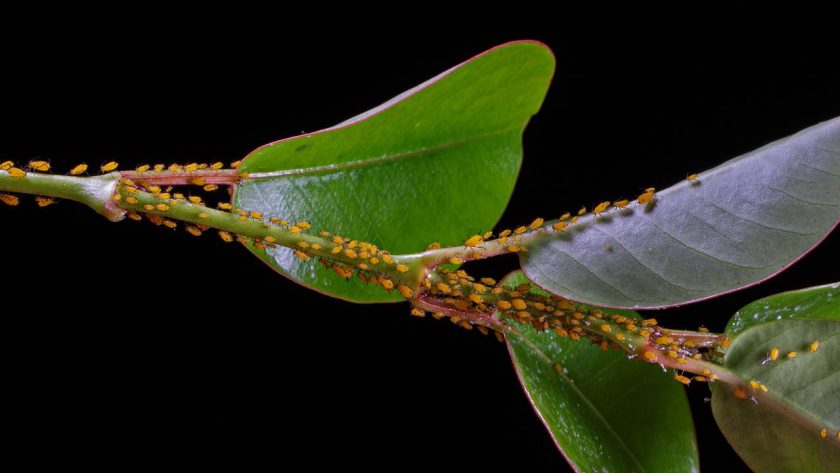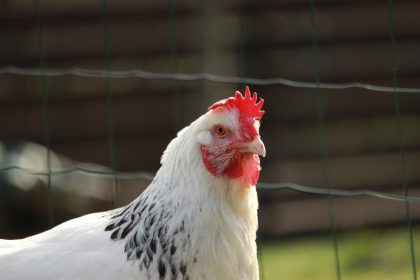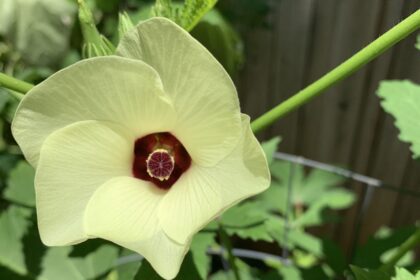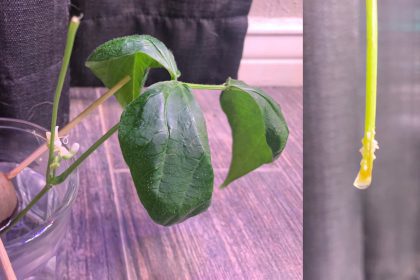If you’re looking to eliminate aphids from your melon plants, there are a few techniques you can consider:
- Water spray: Use a strong stream of water from a hose to spray the affected melon plants. The force of the water can dislodge the aphids and wash them away. Repeat this process regularly to keep aphid populations under control.
- Manual removal: If the infestation is not severe, you can manually remove the aphids from the melon plants. Wear gloves and gently squish the aphids with your fingers or use a soft brush to brush them off the leaves. Dispose of the aphids away from your melon plants to prevent re-infestation.
- Banana Peel: You read that right, banana peel, once you peel the banana you will then cut it into small pieces to place under newer growth – since aphids are attracted typically to the young growth of a plant. Keep applying banana peels around the plant until aphids are no longer visible. Also, remove any eggs present during an infestation, it’s best to spray water on the plant regularly with a hose. In my case, I sprayed the plants to remove eggs, then added banana peels on a trellis to help evict the aphids.
- Insecticidal soap: Apply insecticidal soap specifically formulated for controlling aphids. Follow the instructions on the product carefully and spray it directly on the affected melon plants. The soap will suffocate and kill the aphids. Be sure to target the undersides of the leaves where aphids often congregate.
- Neem oil: Neem oil is a natural insecticide that can be effective against aphids. Dilute neem oil according to the instructions on the product and spray it on the affected melon plants. Neem oil disrupts the feeding and reproduction of aphids, reducing their population.
- Companion planting: Planting companion plants that repel aphids can help deter these pests from infesting your melon plants. Some plants that repel aphids include marigolds, garlic, chives, and nasturtium. Interplant these companion plants among your melon plants to create a natural deterrent.
- Beneficial insects: Introduce beneficial insects that prey on aphids, such as ladybugs or lacewings, into your garden. These natural predators can help control aphid populations. You can purchase ladybugs or lacewing larvae from garden centers or online suppliers and release them near the infested melon plants.
- Regular monitoring: Regularly inspect your melon plants for any signs of aphid infestation. Early detection allows for prompt action and better control. Pay attention to the undersides of leaves, new shoots, and curled leaves where aphids tend to hide.
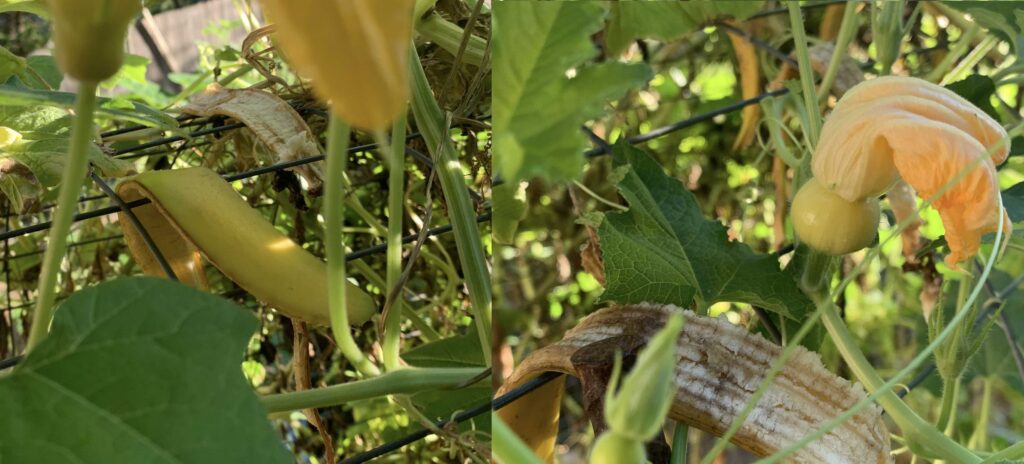
It’s important to note that a combination of methods may be necessary to effectively control aphids. Additionally, maintain good garden hygiene by removing weeds and debris that may harbor aphids and their eggs.
If the aphid infestation persists or becomes severe despite your efforts, consider seeking advice from a local garden center or agricultural extension service for more specific recommendations tailored to your region.
